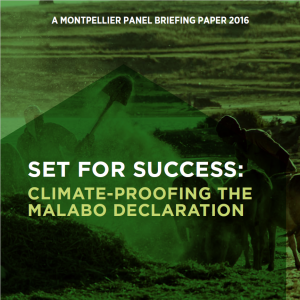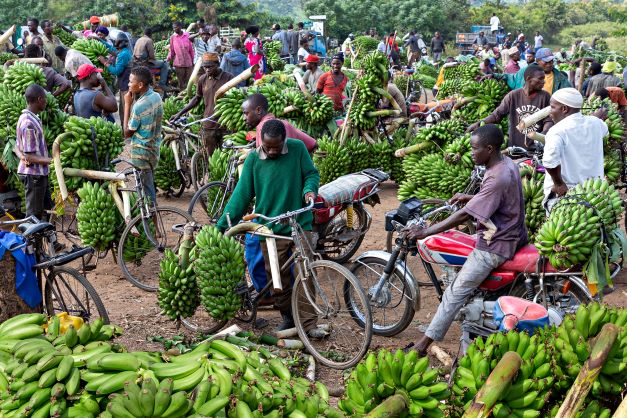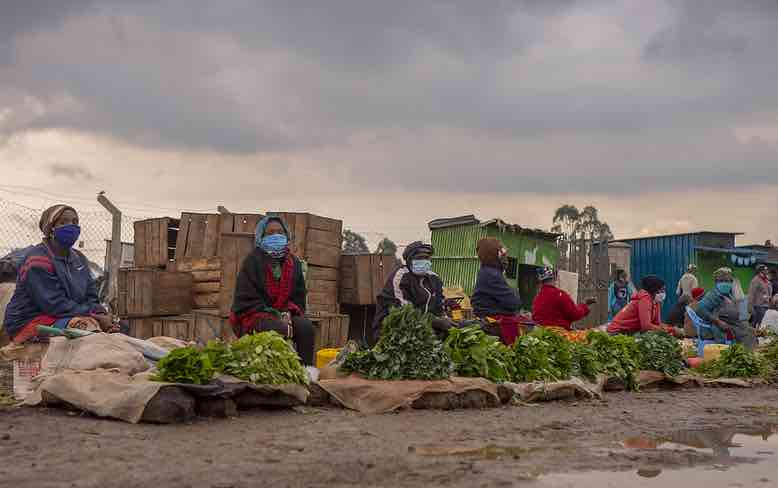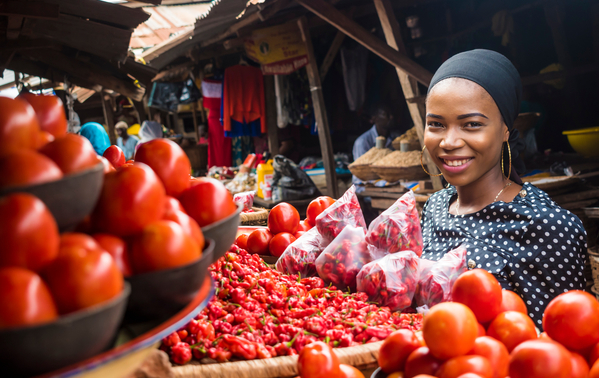 Climate Risk to Food Security Currently Underestimated in African Policy, Says New Report
Climate Risk to Food Security Currently Underestimated in African Policy, Says New Report
During African Agricultural Science Week, the Montpellier Panel outlines how the African Union’s Malabo Declaration can be “climate-proofed”
KIGALI, RWANDA (14th June 2016) – Agricultural growth and food security goals set out by the African Union’s Malabo Declaration have underestimated the risk that climate change will pose, according to a new briefing paper launched today by the Montpellier Panel of African and European experts in agriculture and development.
The paper, Set for Success: Climate-Proofing the Malabo Declaration says that the Declaration adopted in 2014 by African Union nations to double agricultural productivity and end hunger by 2025, has failed to recognise the importance of investing in Africa’s scientific capacity to combat climate threats, which will be essential to meeting these goals.,
Mean temperatures across Africa are expected to rise faster than the global average, and may reach as high as 3°C to 6°C greater than pre-industrial levels. The report argues that “climate-smart agriculture”, which serves the triple purpose of increasing production, adapting to climate change and reducing agriculture-related greenhouse gas emissions, needs to be integrated into countries’ National Agriculture Investment Plans and become a more explicit part of the implementation of the Malabo Declaration.
“Food security and agricultural development policies in Africa will fail if they are not climate-smart”, comments Professor Sir Gordon Conway, Director of Agriculture for Impact and Chair of the Montpellier Panel “Similarly, the new climate agreement will fail unless agriculture, particularly in Africa, is transformed.”
The report cites “building resilience” as the approach that will deliver the shared agenda set out by the Malabo Declaration and the Sustainable Development Goals. Adaptation and mitigation measures in agriculture have also formed a major part of the climate plans most African nations have submitted to the United Nations ahead of the Paris climate talks, signalling another major policy process this approach can contribute to. Tools that will achieve this include:
- A “knowledge economy” that improves the scientific capacities of both individuals and institutions, supported by financial incentives and better infrastructure.
- Technology and innovation such as crops biofortified with nutrients, drought tolerant seeds and weather data information systems.
- Risk mitigation tools such as insurance policies that pay out to farmers following extreme climate events, and social safety net programmes that pay vulnerable households to contribute to public works can boost community resilience.
- Sustainable intensification of agriculture production that will simultaneously improve food security and natural capital such as soil and water quality.
- Effective climate-smart program design that will allow African nations to tap into resources from the Green Climate Fund.
The report identifies 15 successful examples of each of these interventions in action, which it argues must be scaled up rapidly if climate and development goals are to be met.
“lt will be impossible for African nations to sustain recent economic growth and continue to make progress against poverty and hunger without effectively addressing the threat of climate change” comments Ousmane Badiane, Africa Director for the International Food Policy Research Institute and Montpellier Panel member. “Without investments in resilience, costs of rebuilding after each climate shock will only continue to rise, diverting funds from other critical growth and social sectors. Climate-proofing the Malabo Declaration, for this reason, is doubly smart.”
Recommendations for donor and government action set out by the Montpellier Panel in this new report include:
- Building comprehensive information on climate-related stresses and shocks, both nationally and regionally, as well as their impacts on food and nutrition security.
- Mainstreaming climate-smart agriculture programmes into the next generation of National Agriculture Investment Plans to ensure a stronger focus on climate change and extreme weather events.
- Supporting African countries to develop country investment plans that reflect a stronger, collective voice for Africa in international climate policy processes.
- Facilitating African governments’ access to climate funds through the Green Climate Fund and other innovative finance mechanisms that will help countries implement climate-smart agriculture programmes.
- Improving Africa’s scientific capacity which will guide climate change adaptation and mitigation interventions in agriculture.
- Improving training for farmers on sustainable farming techniques, through improved extension services, farmer field schools and utilisation of digital technologies.
Approximately one person out of four in sub-Saharan Africa is estimated to be undernourished[i]. Agricultural yields vary greatly across the continent, but as a whole only averaged around 1.5 tons per hectare in 2007[ii]. The recent El Niño phenomenon has demonstrated the devastating impact that climate stress can have on production; in Malawi three million people are experiencing hunger due to the subsequent drought, and last year’s harvest was reduced by half in Madagascar and Malawi.
———————————————————————————————–




